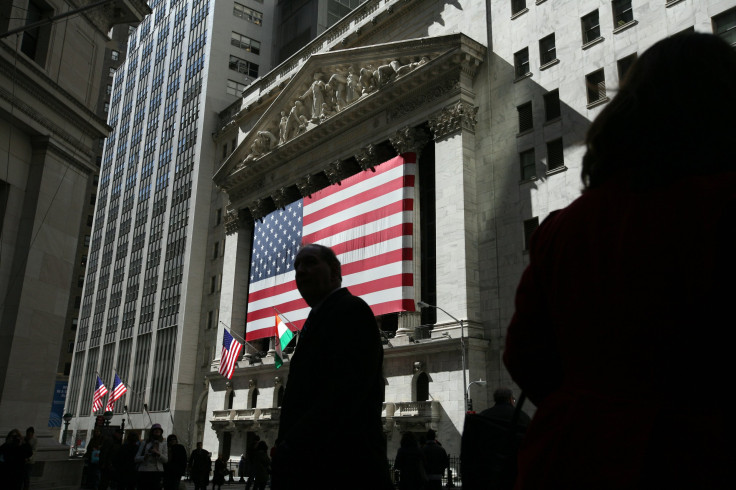Stock Market Futures Today Fall As New Tariffs Take Effect, Trade War Continues

September 1, the Day of Infamy in Trump’s trade war that might have made a recession all but likely, cast a dark pall over global stock prices, which plummeted Monday after the United States and China imposed new tariffs on each other’s exports.
Wall Street is expected to follow suit when it open its trading day Tuesday after the Labor Day holiday Monday. U.S. equity futures have already plunged ahead of Tuesday’s regular opening. The S&P 500 futures lost 1% before partly recovering losses, while Treasury contracts advanced.
Stocks throughout Asia fell in early trading Monday after the tariffs kicked-in and data confirmed further weakness in China’s already flagging manufacturing sector. China revealed a drop in its official purchasing managers’ index (PMI) on Saturday due to weaker demand for its products in the U.S. and elsewhere.
Markets in Japan and Hong Kong saw modest stock declines in early trading. Japan's Nikkei N225 shed 0.28%. The MIAPJ0000PUS, MSCI's broadest index of Asia-Pacific shares outside Japan, also showed weakness, dropping 0.3%. The decline was led by a 0.5% drop in Hong Kong's Hang Seng after the 13th weekend of anti-government protests, which are now turning increasingly violent.
On the other hand, shares at Shenzhen and Shanghai posted better results, with the CSI300 index rising 0.3% despite the escalation by both sides of the ruinous trade war.
On the currency front, the yuan shed value again while the yen crept higher somewhat. The dollar dipped slightly against the yen to 106.12 yen. The euro remained almost flat at $1.09905, a short distance from the two-year low of $1.0963 on Friday.
Oil prices also fell on Monday with Brent crude futures losing 0.49% to sink to $58.96 a barrel. U.S. West Texas Intermediate (WTI) crude lost 0.18% to wind-up at $55.00 a barrel.
The latest and most unnerving escalation in Trump’s trade war against China took place even as investors continue to reel from a tumultuous August where Treasury yields inverted and collapsed while global equities continued their descent.
President Donald Trump imposed 15% tariffs on a wide range of Chinese goods on Sunday while China imposed new duties on U.S. crude, the latest escalation in a year-long trade war Trump insists the U.S. is winning.
Studies concur Trump’s tariffs will cost each U.S. household up to $1,000 a year in additional expenses. The latest round implemented Sunday will affectr a large number of U.S. consumer goods.
© Copyright IBTimes 2024. All rights reserved.





















